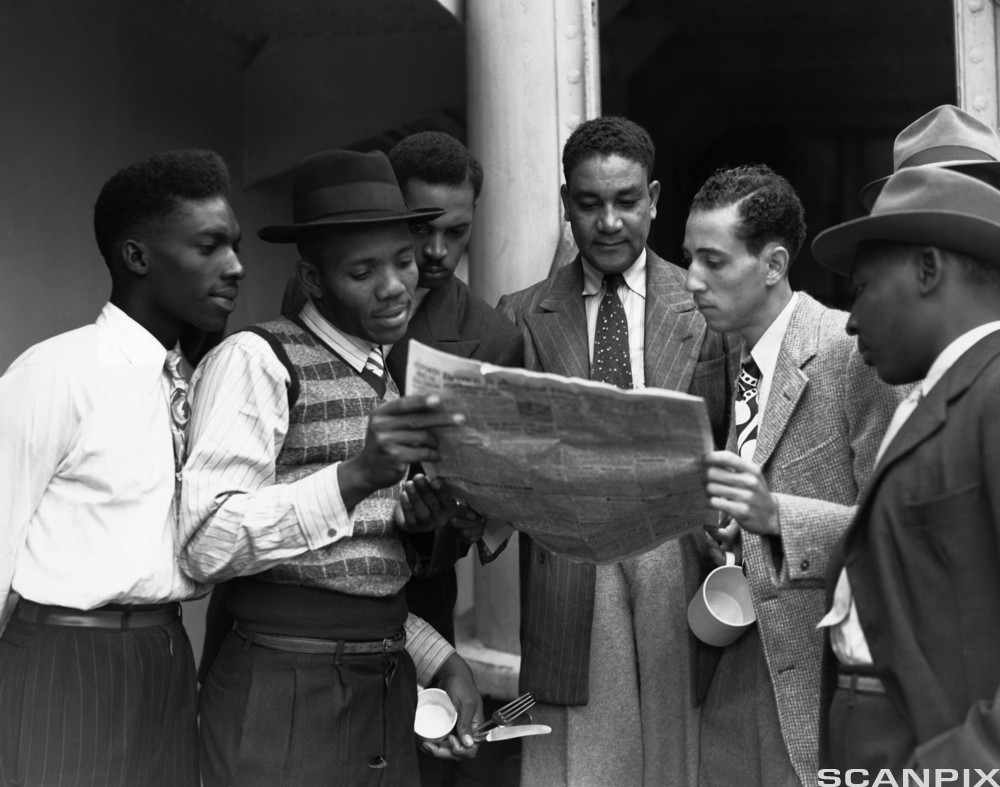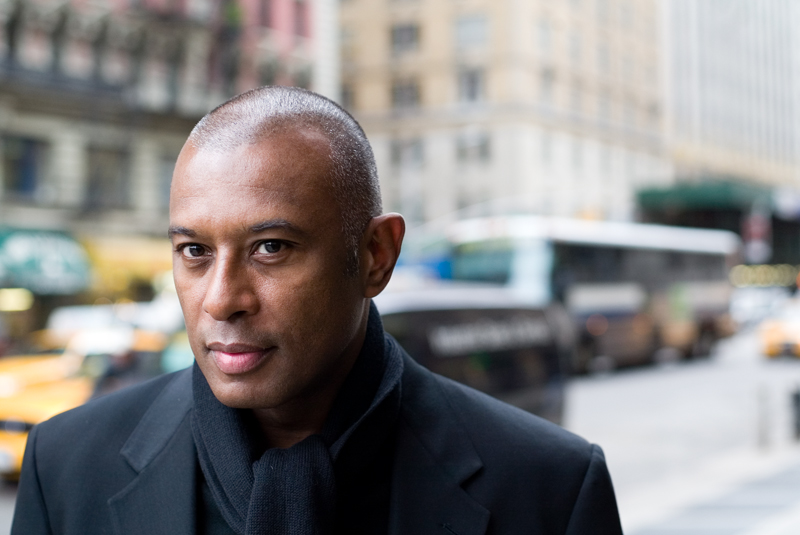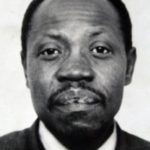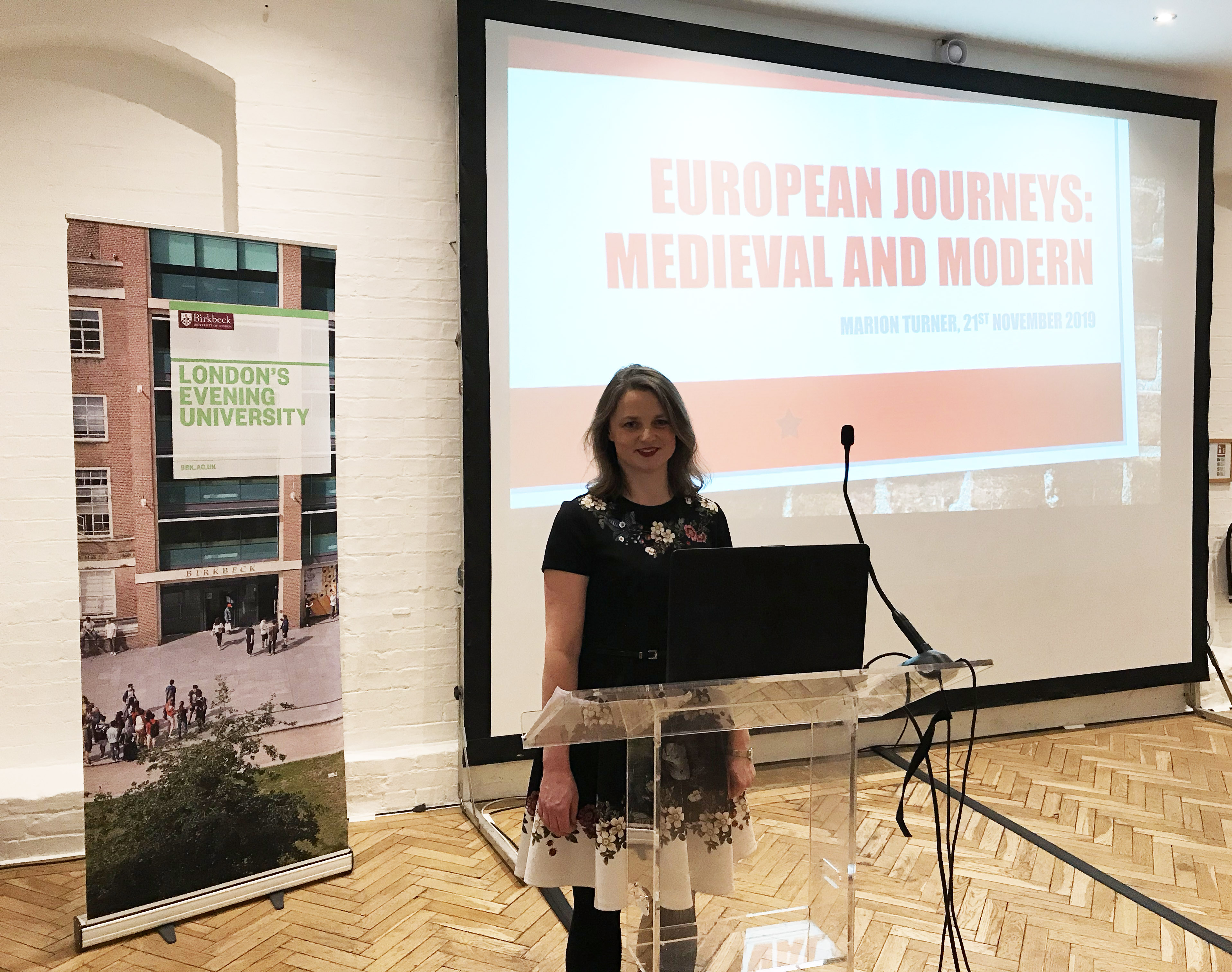Caryl Phillips, acclaimed novelist and playwright delivered, this year’s William Matthews lecture, offering a moving and sobering view of the experience of the colonial migrant in Britain.

22 Jun 1948, Tilbury, Essex, England, UK — Original caption: Emigration In Reverse – The Men From Jamaica Arrive At Tilbury. The ex troopship. Image by © Hulton-Deutsch Collection/CORBIS
Caryl Phillips begins by reflecting on the jubilation of the Opening Ceremony of the 2012 London Olympics, and the moment when in the telling of British history a representation of the HMT Empire Windrush emerges marking the era of mass settlement of British colonial subjects from the West Indies. A moment when it could be assumed that the Windrush generation was accepted as part of the narrative of British history, a moment Phillips says was eclipsed by the ‘antics’ of the British government who later, in 2018, would strip them of their jobs and homes, and even try to deport them on the basis that they were never really British citizens, despite having built lives in Britain at the invitation of the British government.
Phillips speaks of his own childhood, having arrived in Leeds aged four months, a second-generation child of colonial migrants from St Kitts, who as he grew up felt ‘no great love’ for Britain. He witnessed the ways in which it rejected the colonial migrants who came with the hope and promise of being welcomed into what they considered the ‘Motherland’ – this love for the country had always puzzled him.
He says for the colonial migrant, “they are not leaving home, rather they are leaving to go home”. A sentiment that was echoed by the 1948 British Nationality Act which granted members of British colonies citizenship in Britain.
Phillips tells us the story of the colonial migrant through the lens of two, David Oluwale and author Sam Selvon, in their respective cities; Leeds and London.
David Oluwale was a British Nigerian who in 1969 drowned in the River Aire in Leeds following years of abuse from gangs and the police after coming to Britain with dreams of becoming an engineer. Oluwale was met with disdain and life on the streets and was even committed to a psychiatric hospital for eight years, an experience that forever altered him. One might question why Oluwale never left Leeds, a place that had taken so much from him.
Oluwale’s experience is parallel to the protagonist of Selvon’s book, The Lonely Londoners, published in 1956. Moses Aloetta is a Trinidadian émigré who faces great hardship throughout the novel, yet in the end he cannot move away from his preconceived notions of Britain, and the promise it held.
Selvon’s book opens with the line ‘one grim winter evening’ encapsulating the often hostile and bleak circumstances colonial migrants found themselves in. But for people from the colonies who had been taught that they were British, their status as British subjects had come to be a part of their own identities, so to reject Britain was to reject a part of themselves. This allowed them to “absorb the abuse and humiliation” and participate in British society, staying and fighting to make a place for themselves.
The plight of the colonial migrant, Phillips reminds us, is echoed now in the fallout of the Windrush Scandal, for those who had come between the years 1948 and 1962 and found that ‘one grim winter evening’ was a reflection of the evening of their lives, characterised by betrayal and disappointment.
Further information:



